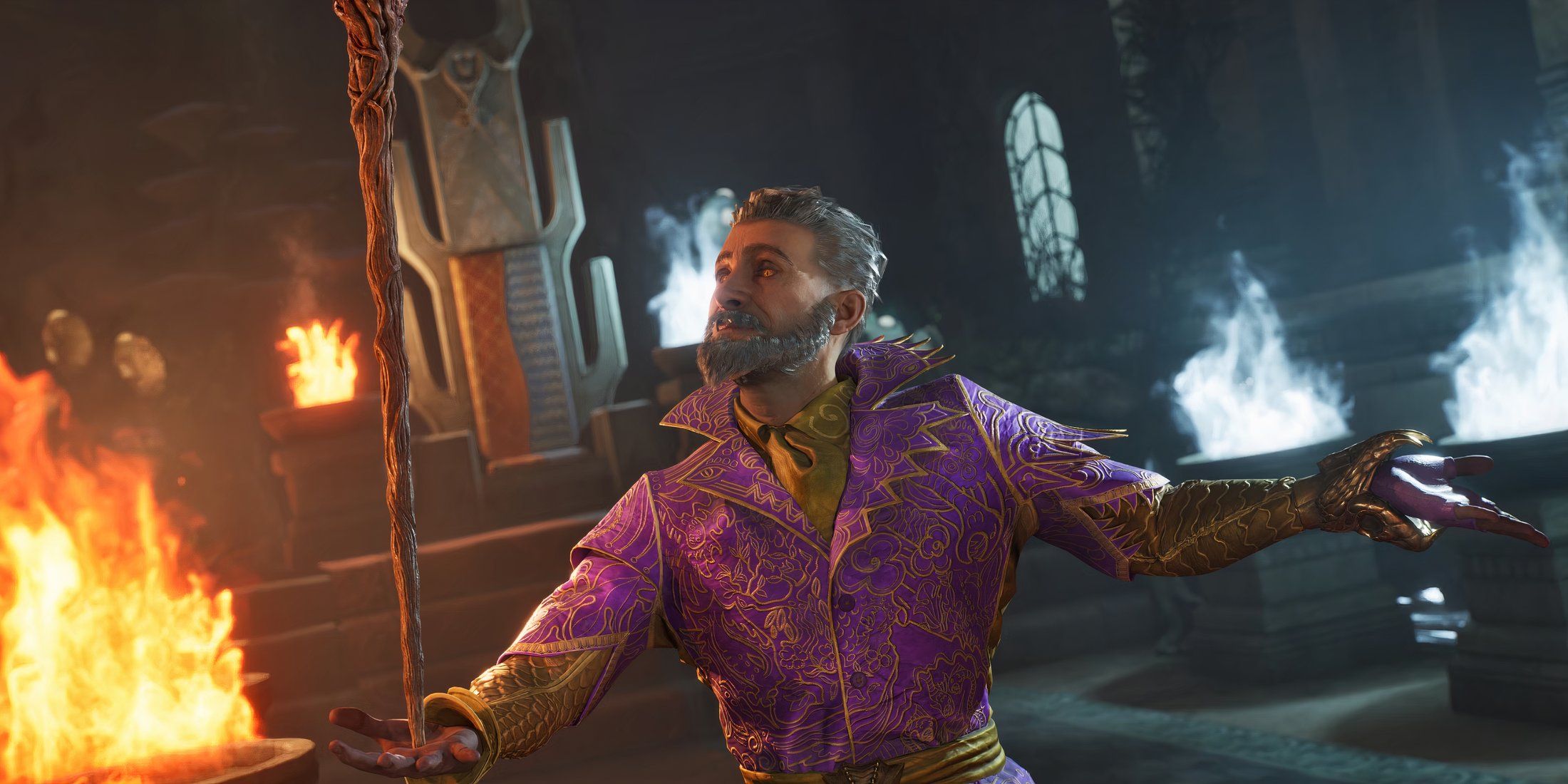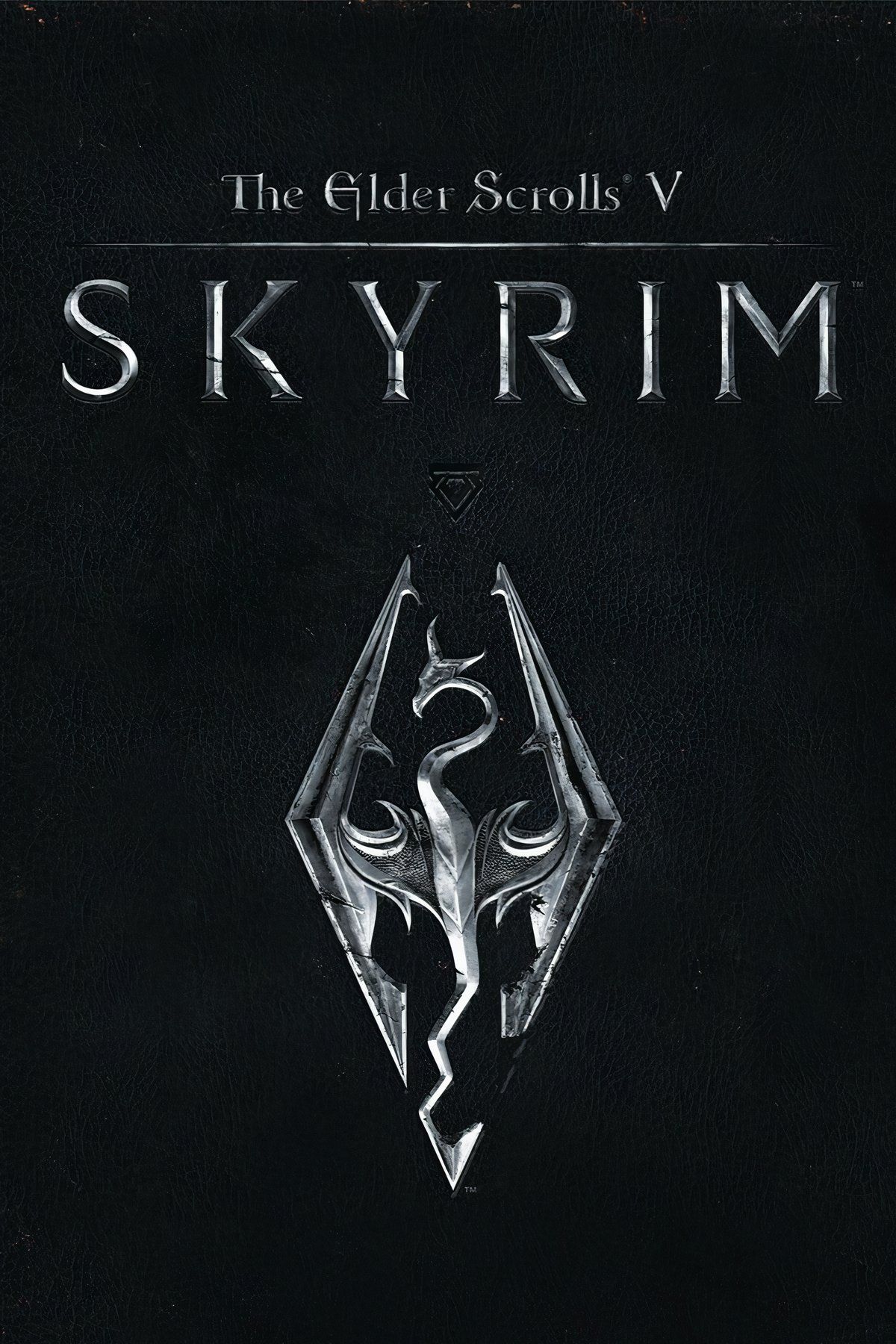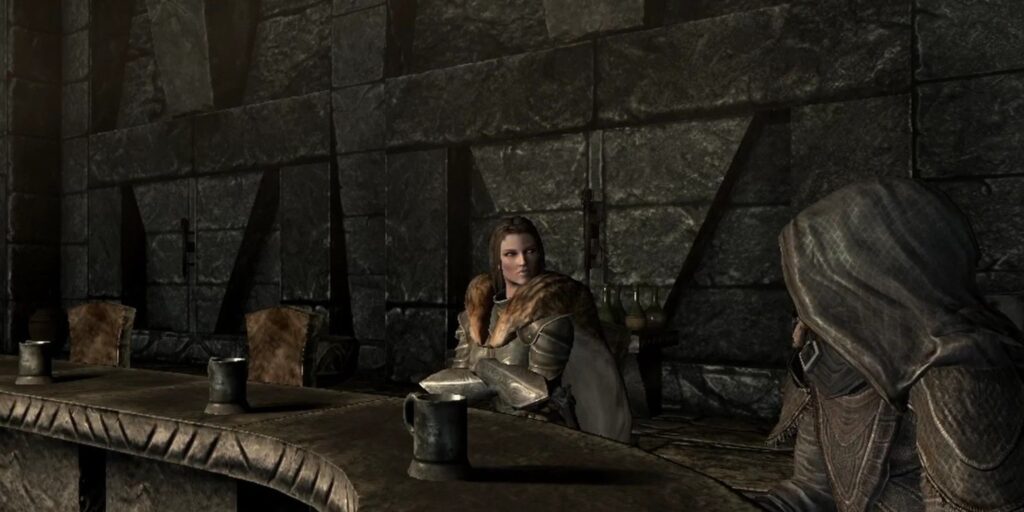The Elder Scrolls 5: Skyrim is a massive game, even by today’s standards. It’s not uncommon for even the most devout Skyrim fans to be surprised by the myriad secrets its world has in store, from random NPC encounters to small-stakes, deceptively alluring side quests tucked away in remote locations. Indeed, Skyrim has a lot of meat on its bones, which is a big factor in its enduring success.
But even so, and even with legions of remasters and Special Editions sliding down the pipeline, a lot of Skyrim fans still want more. This is facilitated a vibrant modding community, which has expanded Skyrim with countless engine tweaks, graphical enhancements, and even entirely new quest lines to explore. Famously ambitious mods of the past include Forgotten City, which was actually the spark for an impressive standalone game of the same name. All of this is to say that Skyrim mods, just like those for other Bethesda games like Fallout 4 and Starfield, are an inextricable part of its community, which is why everyone should be wary of a burgeoning trend in this space.

Related
The Elder Scrolls 6 is Likely to Miss the Same Opportunity as Oblivion Remastered, But It Really Shouldn’t
Bethesda has developed a pattern over the releases of Starfield and Oblivion Remastered, but its one it needs to break in The Elder Scrolls 6.
The Rise of Skyrim AI Mods Could Portend Disaster for Future Bethesda Games
Generative AI Has Been Invading the Skyrim Modding Space
Generative AI tools like ChatGPT have been controversial, no doubt, but they’ve also dangled a promise of a tantalizing future for people from all walks of life. Central to this promise is the notion of general abundance: no one will want for anything, because AI will do everything for them—ChatGPT will provide. In the world of gaming, this can often manifest as a vision of the perfect “forever game,” or a game that never runs out of fresh content to engage with.
In the past, this dream of infinite content has been shouldered by modders, like those who work hard at Skyrim UGC. But now, mods for “AI NPCs” and “AI quests” have been cropping up, claiming to expand Bethesda’s finely crafted world through the power of new technology, Take the Skyrim Mantella mod, for instance, which promises to “bring NPCs to life” by using generative AI, which effectively means in-game characters never runs out of things to say to the player. Currently, the mod is approaching a quarter-million downloads, and has garnered a lot of attention from players, as have other AI-centric mods like CHIM.
The tech behind these unofficial expansions is interesting, and the promise of a reactive, boundless RPG world is as attractive as ever, but it may also threaten the existence of traditional mods. Mods like the aforementioned Forgotten City, which can lodge in players’ minds just like the best full-blown video games can, might go the way of the dodo, if generative AI continues to encroach on the raw, human talent of traditional modders. This would be tragic, especially for Bethesda games, but it could also be only the beginning of an AI-fueled downfall.
Mods Aren’t the Only Part of Bethesda Games That Is Being Threatened by Generative AI.
In the worst-case scenario, ambitious mods will only be among the first victims of gen-AI at Bethesda: the games themselves could be next. Bethesda is a wellspring of talent, but it’s also a business, and if it gets the impression that audiences want or somehow prefer AI-generated dialogue and quest-writing, then it could very well buy such an approach wholesale. Of course, it helps that no money needs to be spent on real writers and game designers on generative AI road, which makes this potential future both more troubling and more likely.

Skyrim
Released
November 11, 2011
ESRB
M for Mature: Use of Alcohol, Blood and Gore, Intense Violence, Sexual Themes
Engine
Creation
Expansions
Skyrim: Dragonborn, Skyrim: Hearthfire, Skyrim: Dawnguard

